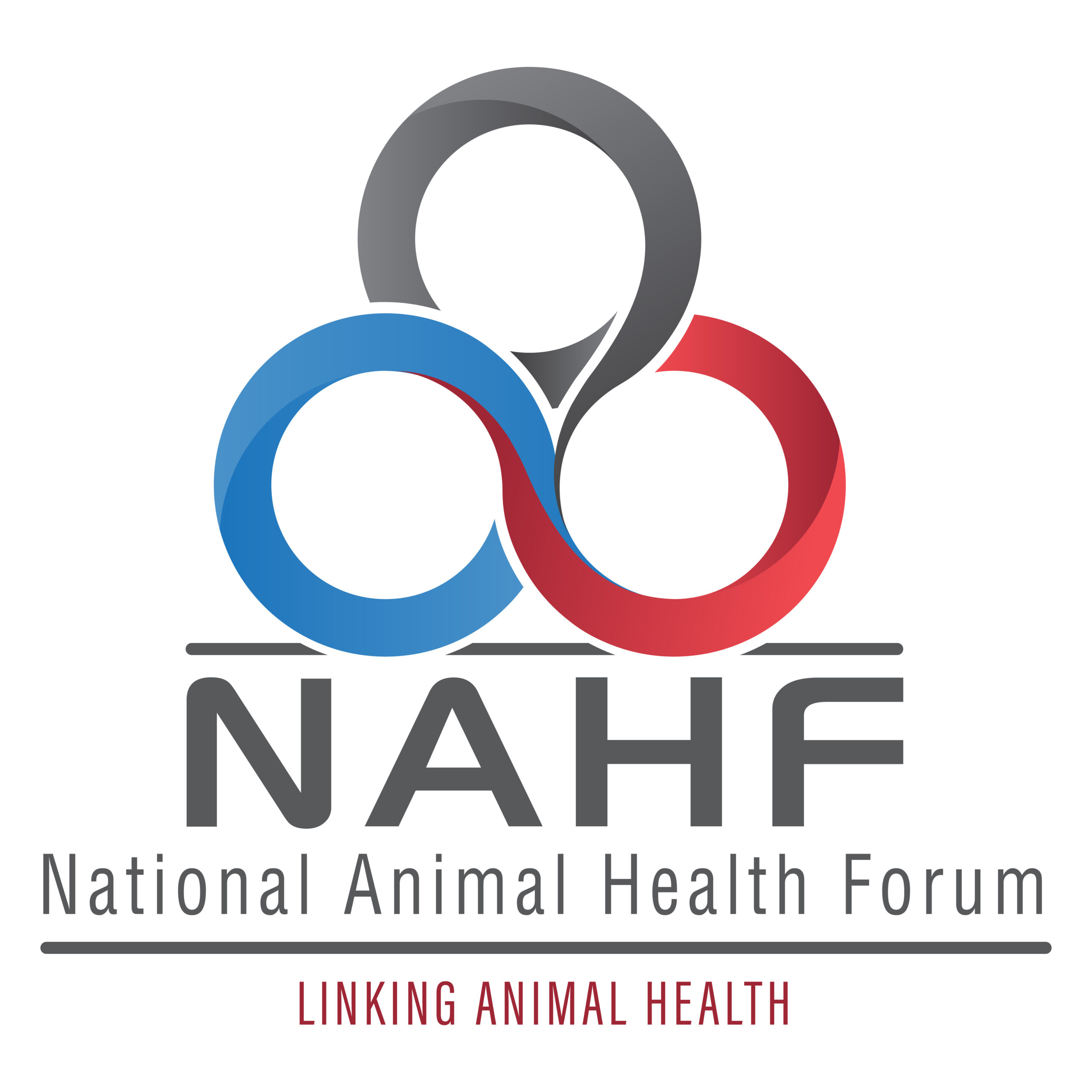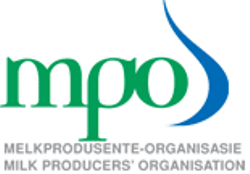
Brucellosis (CA)
Brucellosis is a chronic but not deadly disease. Humans can be infected by the Brucella bacterium if they drink contaminated milk, which may cause a disease called brucellosis. Symptoms in humans include aching joints, fever, and headaches. As with TB, all farmers supplying milk for human consumption must have a brucellosis-free herd. Brucellosis can be tested with a blood test, but this blood must be drawn by a registered veterinarian or animal health technician.
Obtaining the initial brucellosis-free herd declaration
The first declaration is issued by the state veterinarian after two negative serological tests with a 2–3 months interval, on condition that all the female cattle over 18 months of age of all the owners on the farm, are tested negative from the start. If there are any positive reactions at any stage, further serological tests will be done and possible other samples will be collected (milk, lymph nodes, cotyledons) to establish the status of the herd.
The herd must test negative as follows before a declaration can be issued:
- First negative test – re-test after 60 days
- Second negative test – re-test after 60 days
- Third negative test – re-test after six months, while monthly milk ring tests (MRT) are performed. If any MRT-positive result is obtained, re-testing must be performed immediately.
- Fourth negative test – if heifers from infected cows are slaughtered, the declaration can be issued. If not, a negative test after a year is required before the declaration can be issued, while monthly milk ring tests are performed. If any MRT-positive result is obtained, re-testing should be performed immediately.
Maintaining the declaration
The declaration is valid for a period of two years from the date on which the last test was performed. Should brucellosis occur in the herd, the producer must adhere to the following:
- Annual serology test performed by a private veterinarian. Declaration issued after a negative serological test result is obtained
OR
- Monthly bulk milk sample for the brucellosis milk ring test (MRT). A declaration is issued after twelve negative milk ring test results, not more than 30 days apart. A declaration will only be issued on MRT results if it has been done according to prescripts and provided that there is no gap between the previous declaration and the start of negative milk ring tests.
It is recommended that a monthly bulk tank milk sample for a milk ring test should be implemented in areas where high incidences of brucellosis occur. If the declaration has been issued previously and has lapsed, one negative serological test shall be done on condition that all the female cattle over 18 months of age of all the owners on the farm tested negative.
NB: It is the responsibility of the milk producer to ensure that a monthly milk ring test is done or to ensure that his milk buyer does it on his behalf. This is very important for maintaining and re-issuing of the declaration. Milk ring test results must also be forwarded to the relevant state veterinarian’s office on a monthly base.
Issuing of brucellosis and tuberculosis declarations
The provincial state veterinarian will issue the declarations after he received the results from the private veterinarian. It is the responsibility of the private veterinarian who performed the tests to forward the results to the relevant state veterinarian’s office.
It is of utmost importance that milk buyers and processors ensure that milk is obtained from a milk producer that can provide TB and CA declarations. These declarations are requirements in terms of the:
- Notifiable and controlled animal diseases in the Animal Diseases Act (35 of 1984)
- Regulations of the Foodstuffs, Cosmetics and Disinfectants Act (54 of 1972)
| What happens when a herd tests positive for brucellosis? |
| All positive herds are under the control of the government – provincial directorate of veterinary services, state veterinarian of that area. All tests are done at government expense, provided tests are done by their staff. If an owner prefers to use a private veterinarian, it will be at the owner’s expense. When a milk producer has a positive MRT, an animal health technician of the area will bleed the herd as soon as possible.
The state veterinarian will manage the brucellosis according to protocol, which will include the following: • Vaccination protocol. • Bleeding of the herd on a two-monthly basis for serology tests up to first negative serology test. • Identification of positive animals according to guidelines and protocol. Before a positive herd can be declared negative, the following negative tests shall be obtained: • First negative test – re-test after 60 days • Second negative test – re-test after 60 days • Third negative test – re-test after six months with monthly MRTs performed to monitor the situation • Fourth negative test – a declaration can be issued if heifers from infected cows are slaughtered out. If not: • Fifth negative test – after 12 months. A declaration can then be issued. |
| What happens when a herd tests positive for tuberculosis? |
| As in the case of a positive herd for brucellosis, a positive tuberculosis herd is also the responsibility of the state veterinarian of the area to handle it according to protocol.
After the herd has been identified as TB-positive, a declaration shall be issued if two negative test results are obtained within a three month interval. |
| What must the milk buyer do in the case of a TB- or CA-positive dairy herd? |
| Milk from a positive brucellosis herd can still be purchased and processed. It is, however, important that the milk should be effectively pasteurised. It is also important that cooperation is given by a dairy producer to the state veterinarian for the effective handling of the herd. |
Published on Thursday, 19th November 2020 - 09:11
Recent Posts
disclaimer









